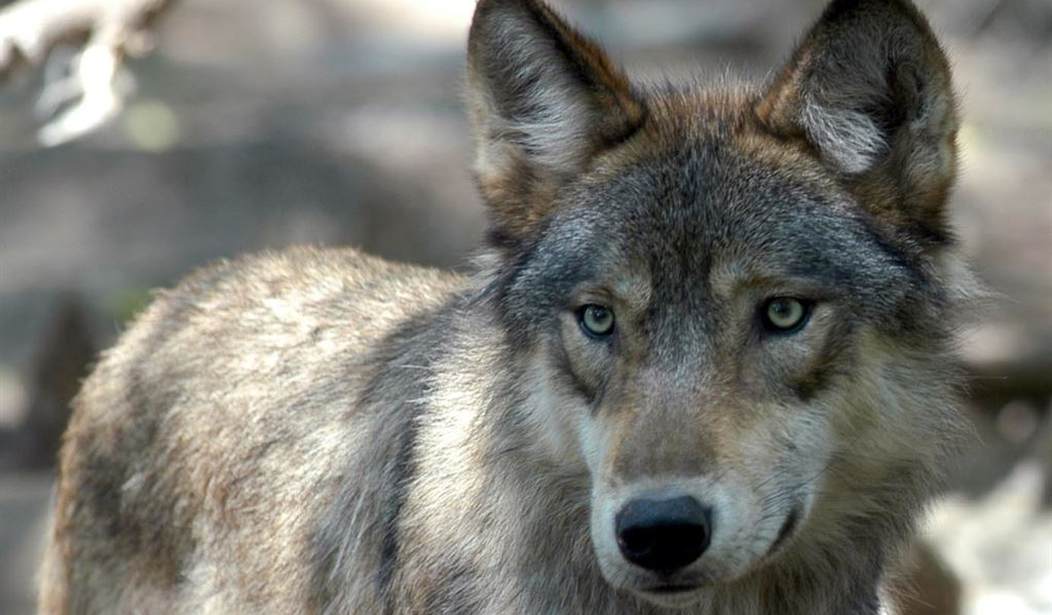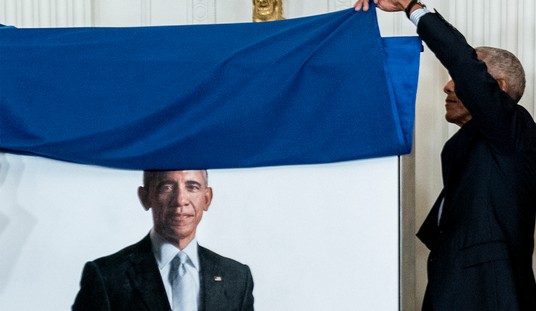It seems inevitable that human ancestors and dog ancestors would get together one day and become fast friends. But the reality is quite different.
Wolves and humans have been bitter enemies for thousands of years. As top-of-the-line predators, both species competed for the same big game and occupied pretty much the same territory.
But something happened at the end of the last Ice Age 11,000 years ago. At least some individuals from both species called a truce after humans began sharing their meat with some of the wolves who hung around their camps. The result was familiarity and the probability that some wolves and some humans became partners.
Researchers from the Finnish Food Authority, a department of the agriculture ministry, hypothesized that in feeding leftover meat to wolves, Ice Age hunter-gatherers may have had a role in the early domestication of dogs. And they say they can explain for the first time why humans would tolerate the companionship of a competitive predator during this period.
Modern dogs are thought to have been domesticated from wolves, but exactly when is unclear — in 2017, a study published in the journal Nature Communications found that modern dogs were domesticated from a single population of wolves 20,000 to 40,000 years ago.
Still, the team of researchers from the Finnish Food Authority wanted to know how this “mutually beneficial” relationship emerged, given that humans and wolves would have been in competition for food in the winter months.
It’s possible that men and wolves had occasional interaction for as long as 100,000 years. But genetic testing shows a much more recent ancestor for the modern dog — 14,000 to 29,000 years ago.
The researchers estimated how much energy would have been left over by humans from the meat of species they hunted for food, like horse, moose and deer, between 14,000 and 29,000 years ago.
Their calculations indicated that during the winter months in Europe and Asia, hunter-gatherers, who were not fully adapted to a carnivorous diet, had a surplus of lean meat, which they could have shared with wolves.
Why share? Humans killed other large carnivores on sight. What was it about some wolves that changed our attitude of shoot first, ask questions later?
Part of the reason has to be the complex social structure of wolves that led some members of the pack to exist on the fringes of wolf society — the Omega wolf. They may naturally gravitate toward human campfires and perhaps some kindly human tossed meat scraps into the darkness to feed them. Did the humans, in this case, see the same thing we see in dogs? Not doubt the Omega was curious and, being a dog’s ancestor, quickly discovered which behaviors resulted in more meat being tossed their way.
Next thing you know, some kid was asking his father if he could bring one of them home and the rest is history — sort of. But fanciful or not, some of the younger wolves may have taken an interest in these humans and realized what a good deal they were offering — food, warmth, or even shelter, just for joining their pack.
“Following this initial period, incipient dogs would have become docile, being utilized in a multitude of ways such as hunting companions, beasts of burden and guards as well as going through many similar evolutionary changes as humans,” the authors wrote in the paper, published Thursday in the journal Scientific Reports.
Natural selection would have taken over as humans chose to hang around with only the most docile animals. Those animals survived while other, less friendly beasts perished. Research shows it didn’t take long at all for wolves and humans to get together — perhaps only a few generations. But the spare meat hypothesis fits nicely into both the timeline and the genetic history of domesticated dogs.










Join the conversation as a VIP Member